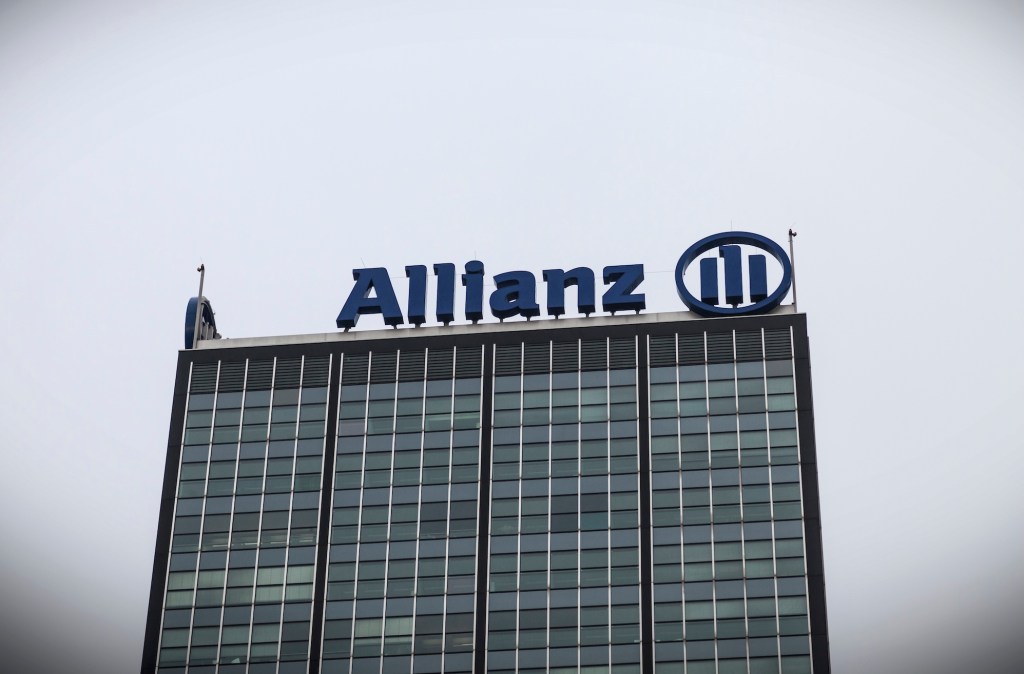In a significant administrative shake-up, President Donald Trump has dismissed Shira Perlmutter, the Register of Copyrights and Director of the U.S. Copyright Office. This decision follows closely on the heels of the termination of Librarian of Congress Carla Hayden, who had appointed Perlmutter in 2020. Both dismissals have sparked widespread debate, particularly concerning the evolving landscape of artificial intelligence (AI) and its intersection with copyright law.
Background on Shira Perlmutter’s Tenure
Shira Perlmutter, a seasoned legal expert in intellectual property, assumed leadership of the U.S. Copyright Office in October 2020. Her tenure was marked by a proactive approach to addressing the challenges posed by emerging technologies, notably AI. Under her guidance, the Copyright Office initiated comprehensive studies to explore the implications of AI on copyright protections, aiming to provide clarity in an area fraught with legal ambiguities.
The AI and Copyright Report
A pivotal moment in Perlmutter’s tenure was the release of a detailed report examining the use of copyrighted materials in training AI systems. This report underscored the necessity of human creativity as a cornerstone for copyright eligibility, asserting that machine-generated content, devoid of human authorship, does not qualify for protection under current laws. The findings emphasized that while AI can be a tool in the creative process, the absence of human input in the final output challenges traditional notions of authorship and copyright.
Political Repercussions and Industry Reactions
The dismissal of Perlmutter has been met with criticism from various quarters. Representative Joe Morelle (D-N.Y.) condemned the action, describing it as an unprecedented power grab with no legal basis. He suggested that the timing of the dismissal, occurring shortly after the release of the AI report, indicates a direct link between Perlmutter’s stance on AI training practices and her termination.
The AI industry, particularly companies involved in developing generative models, has been closely monitoring these developments. The Copyright Office’s report raised concerns about the legality of using copyrighted works to train AI systems, a practice employed by several tech firms. The report’s emphasis on the limitations of fair use in this context has potential implications for how AI companies source and utilize data.
Broader Context: AI Training and Copyright Challenges
The intersection of AI development and copyright law has become a contentious issue. Companies like OpenAI have faced lawsuits alleging copyright infringement due to their use of copyrighted materials in training AI models. Internal communications from tech giants such as Meta have revealed deliberations over the use of copyrighted content for AI training, highlighting the industry’s struggle to navigate legal boundaries.
The European Union’s Artificial Intelligence Act, set to take effect in August 2025, mandates that AI companies disclose detailed summaries of the content used to train their models. This move towards transparency reflects a growing global consensus on the need for clear guidelines governing AI training practices.
Implications for the Future
The abrupt dismissal of key figures like Perlmutter and Hayden signals a potential shift in the U.S. government’s approach to AI and copyright issues. The absence of their leadership raises questions about the future direction of the Copyright Office and its policies on AI. Stakeholders across the creative and tech industries are now left in a state of uncertainty, awaiting clarity on how the administration will address the complex challenges at the nexus of AI innovation and intellectual property rights.



